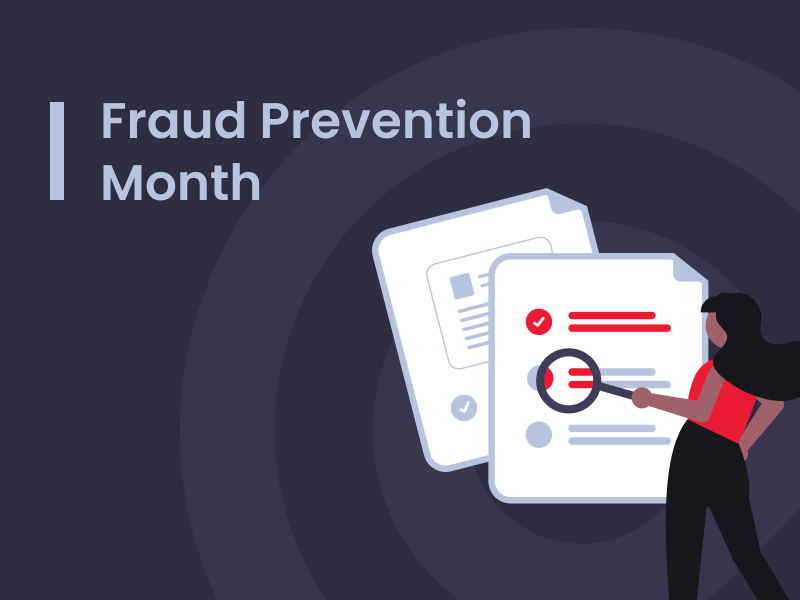March is Fraud Prevention Month. CPATA’s mandate is to protect the public, and we take concerns about unauthorized practice and fraudulent activity seriously.
Over the past months, CPATA has received and responded to over 250 expressions of concern from our agents and members of the public about a rampant scam targeting IP rightsholders. The wave of fraudulent emails has finally begun to subside in recent days as a result of concerted efforts by CPATA and throughout the IP sector in Canada to protect the public. Despite this, IP rights holders should still exercise extreme caution if they receive unsolicited e-mails from an unknown source.
What to Do if You Receive a Suspicious E-mail
- Don’t panic and don’t rush to take action, especially if that involves sending money or personal information to an unknown source.
- Verify if the name used appears as a registered agent in CPATA’s Public Register. In case the sender is impersonating a licensee, verify that their place of employment in the Public Register matches what appears in the e-mail.
- Check if the individual’s name, business or phone number appear on CPATA’s list of names associated with this scam. If the name is not on the list, but you have concerns, reach out to CPATA.
- Compare the e-mail you received to the sample scam e-mails published by CPATA.
- Check CPATA’s Fraud webpage to review recent notices and warnings.
- Look up online the information provided in the email and see if others have experienced problems.
- Review this information from the Canadian Intellectual Property Office about scam notices.
- Reach out to your agent with questions or concerns about communications you receive instead of responding directly to them.
- If you conclude that you are dealing with a fraud attempt, consider reporting it to the Canadian Centre for Cyber Security.
Contact CPATA
Anyone who believes that someone is misrepresenting themselves as an agent or is acting in fraudulent ways may notify CPATA by filling in the form below.






